1. Howard University – The Mecca of Black Excellence
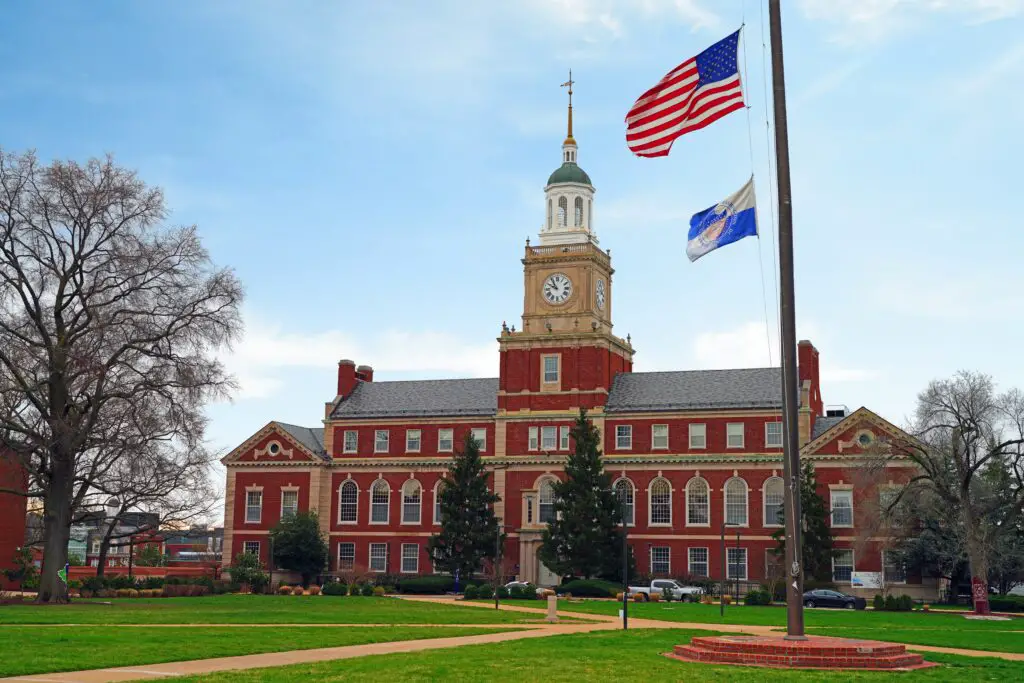
Howard University has long been known as “The Mecca,” and for good reason. Founded in 1867 in Washington, D.C., it quickly became a powerhouse for Black intellectuals, politicians, and activists. Thurgood Marshall, the first Black Supreme Court Justice, walked these halls before changing the face of civil rights law. Kamala Harris, the first Black woman Vice President, also honed her leadership skills here. The university’s law school played a crucial role in dismantling segregation, with faculty members crafting arguments that led to the Brown v. Board of Education decision. Howard’s impact goes beyond politics—Toni Morrison, the literary icon, sharpened her craft in its classrooms. It has also produced a long list of influential journalists, including Pulitzer Prize winners. The school’s motto, “Truth and Service,” is more than just words—it’s a way of life for its alumni. The famous Yard, a gathering spot on campus, has seen countless history-makers sharpen their leadership skills.
Howard’s culture is deeply rooted in fostering change, and that influence is felt worldwide. Students often leave with a strong sense of duty to uplift their communities. The university is also known for its powerhouse marching band, which has performed at presidential inaugurations. Many Black doctors and dentists get their training at Howard’s medical and dental schools, which have been pioneers in healthcare. Alumni networks stretch across industries, from entertainment to diplomacy, ensuring Howard grads always have a leg up. Leaders like Elijah Cummings and Chadwick Boseman carried Howard’s legacy into politics and Hollywood. The university’s homecoming, one of the biggest events in Black culture, brings together powerful figures every year. Walking through Howard’s campus feels like stepping into a living history book, with each building named after a trailblazer. The school’s emphasis on leadership, service, and social justice keeps it at the forefront of progress.
2. Spelman College – Empowering Black Women for Generations
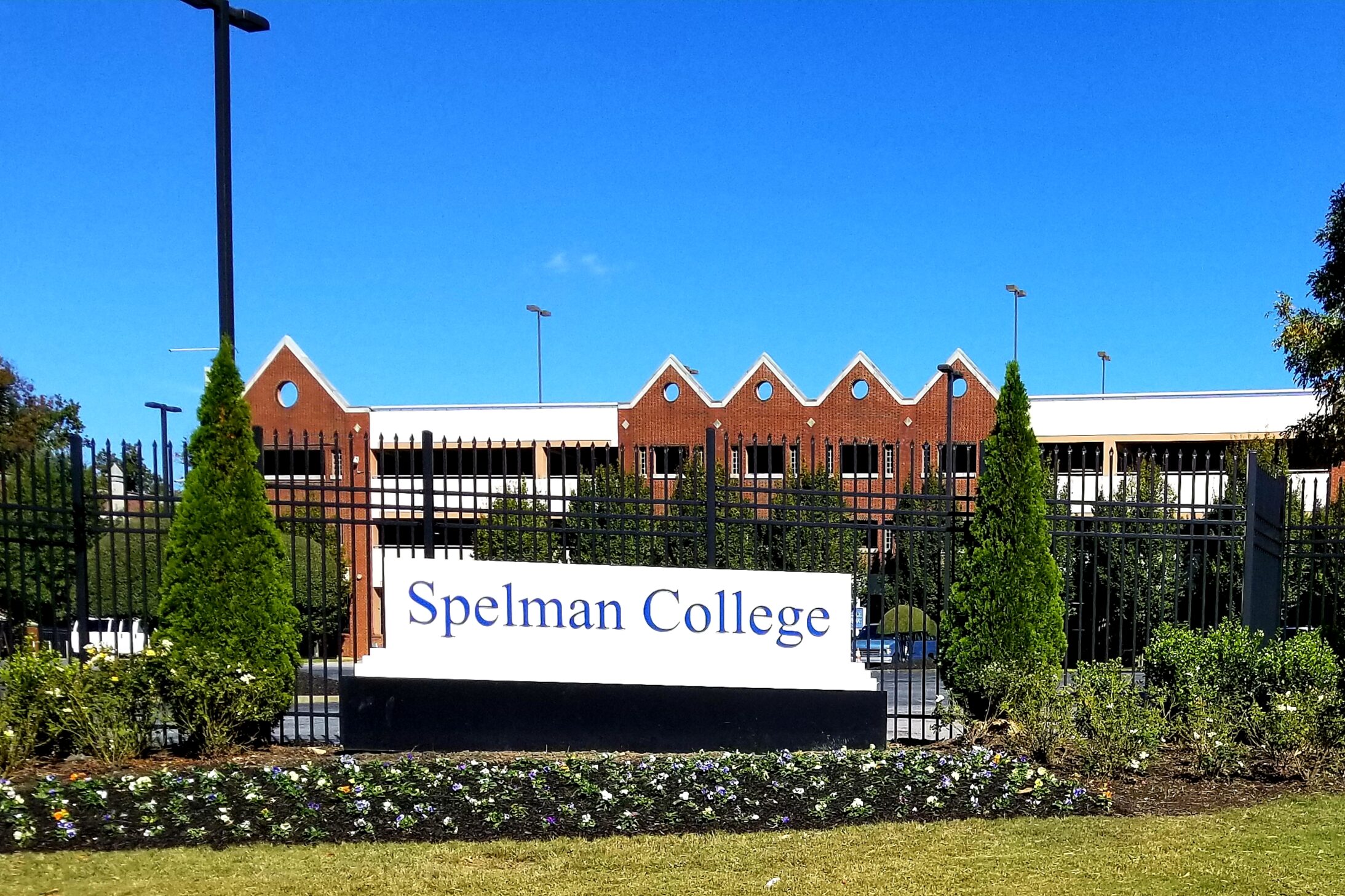
Spelman College isn’t just a school; it’s a movement. Founded in 1881, this Atlanta-based women’s college has shaped generations of Black female leaders. Stacey Abrams, the political strategist and voting rights advocate, is a proud alumna. So is Rosalind Brewer, former CEO of Walgreens and one of the most powerful Black women in corporate America. Spelman’s emphasis on sisterhood, service, and scholarship creates an environment where young women thrive. The school consistently ranks as the top HBCU and produces more Black female Ph.D. holders than any other institution. Its tight-knit community encourages students to push past barriers and redefine success. The campus is rich in history, with buildings that have stood for over a century.
Spelman grads lead in every field, from activism to entertainment. Marian Wright Edelman, founder of the Children’s Defense Fund, dedicated her career to advocating for marginalized kids. Even in Hollywood, Spelman women shine—Keshia Knight Pulliam and Cassi Davis have used their platforms to uplift Black stories. The school has an unshakable commitment to social justice, with students often on the front lines of protests and policy changes. Its connection to Morehouse College fosters a dynamic, influential alumni network. The Spelman sisterhood is known for its lifelong bonds, with graduates helping each other break glass ceilings. Its programs in STEM, arts, and business create well-rounded leaders ready to take on the world. A degree from Spelman carries weight, often opening doors that seemed firmly shut. Every year, its Founders Day celebrations remind students and alumni of their responsibility to lead.
3. Morehouse College – Producing Men of Distinction
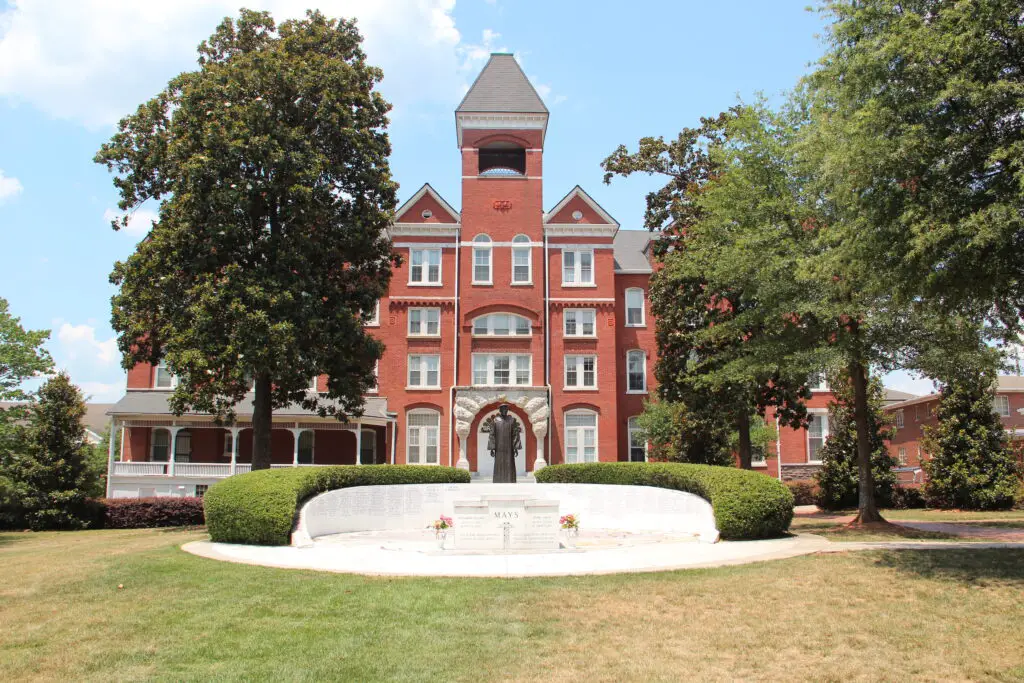
Morehouse College is synonymous with Black male leadership. Established in 1867, this Atlanta institution has shaped some of the most influential figures in history. Dr. Martin Luther King Jr., the face of the Civil Rights Movement, began his journey here. He wasn’t the only world-changer—Maynard Jackson, the first Black mayor of Atlanta, and filmmaker Spike Lee also walked these halls. Morehouse’s motto, “Et Facta Est Lux” (And There Was Light), speaks to its mission of enlightenment and empowerment. The school has a unique approach to leadership, instilling in students a strong sense of duty and purpose. Every Morehouse man is expected to lead, whether in politics, business, or the arts. The college has produced Rhodes Scholars, Fortune 500 executives, and countless community organizers.
Morehouse men carry themselves with a confidence that comes from knowing they stand on the shoulders of giants. The school’s “House of Funk” marching band brings the same level of excellence to the field as its alumni bring to the world. The crown forum, a weekly speaker series, has hosted global leaders, from U.S. presidents to African dignitaries. The sense of brotherhood runs deep, with alumni networks offering lifelong support. Even outside the U.S., Morehouse graduates are making a difference in international relations and global business. The school’s journalism program has launched prominent Black voices in media. Walking onto Morehouse’s campus, you can feel the weight of history and the energy of future greatness. The institution’s emphasis on discipline, service, and vision ensures that every graduate leaves prepared to make an impact.
4. Hampton University – A Legacy of Visionaries
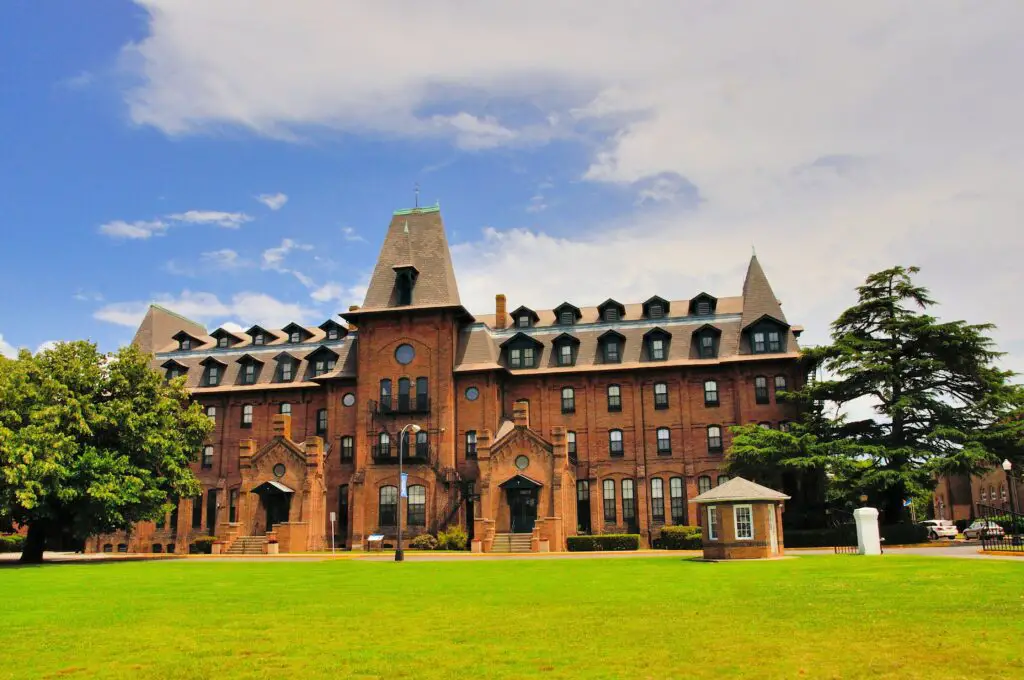
Hampton University, founded in 1868, has a long-standing tradition of producing leaders. Booker T. Washington, the famous educator and founder of Tuskegee University, was one of its earliest students. The university played a critical role in advancing Black education, helping formerly enslaved individuals gain knowledge and skills. Located in Virginia, its beautiful waterfront campus has inspired generations of changemakers. The university’s emphasis on both academics and character-building has set it apart. Hampton’s School of Business has produced influential corporate leaders, while its journalism program has shaped prominent media voices.
Hampton’s influence isn’t limited to the classroom—it extends into politics, entertainment, and the sciences. Wanda Sykes, the comedian and actress, honed her talents at Hampton. Alumni include NASA engineers, influential judges, and decorated military officers. The school’s motto, “The Standard of Excellence,” is more than a phrase; it’s a commitment. Its homecoming events bring together an impressive network of alumni who continue to uplift the community. Hampton grads are known for their polished professionalism, often standing out in competitive fields. Its focus on innovation has led to groundbreaking research in science and technology. The university’s influence can be felt in every sector, proving that a Hampton degree is a powerful tool.
5. Xavier University of Louisiana – Leading in Medicine and Beyond
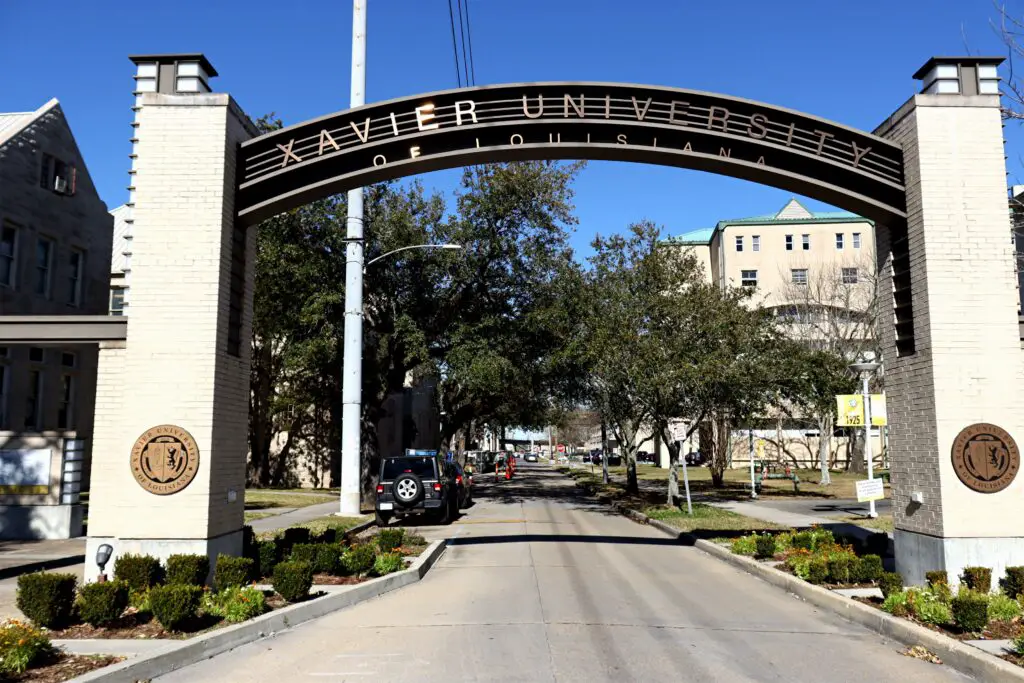
Xavier University of Louisiana has been a powerhouse for Black medical professionals since its founding in 1925. Located in New Orleans, it’s the nation’s only historically Black Catholic university. Xavier produces more Black doctors and pharmacists than any other school in the U.S. Dr. Regina Benjamin, former U.S. Surgeon General, is one of its most well-known graduates. The school’s focus on STEM, social justice, and service ensures that its students leave with both knowledge and purpose.
Beyond medicine, Xavier grads have made their mark in politics, education, and the arts. The school’s commitment to uplifting marginalized communities is evident in its alumni’s work. The Xavier experience is deeply rooted in both faith and action, instilling a sense of responsibility in its students. Its location in New Orleans gives it a unique cultural vibrancy that enhances student life. The university’s programs in pharmacy, biomedical sciences, and public health continue to push boundaries.
6. Florida A&M University – Shaping the Future of Black Leadership
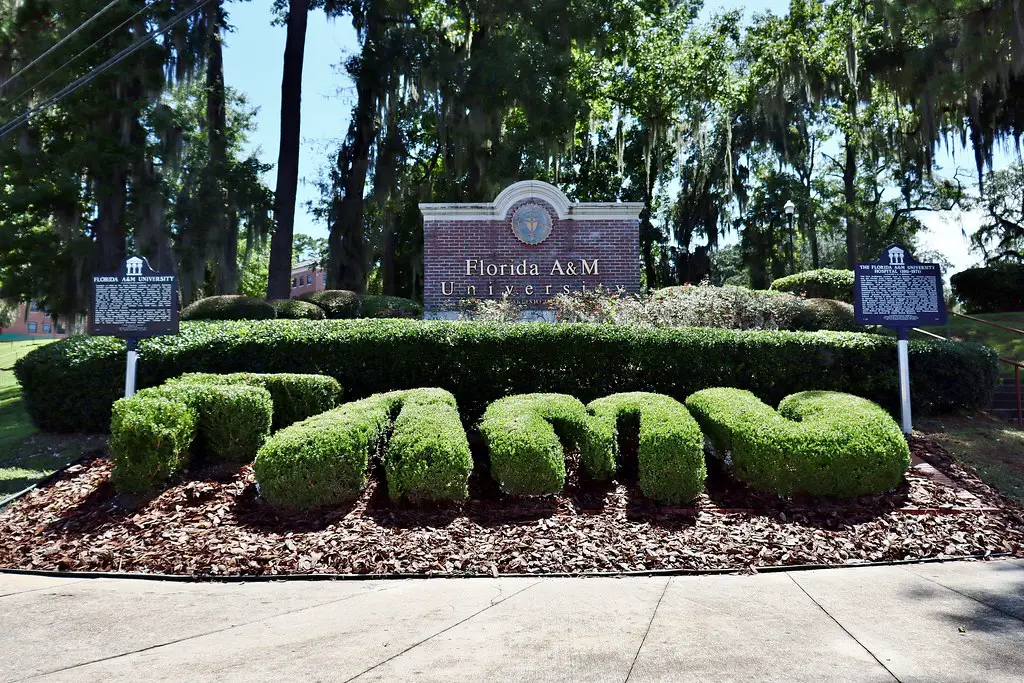
Florida A&M University (FAMU) has been a beacon of Black excellence since 1887. The Tallahassee-based school has produced leaders in politics, business, and entertainment. Althea Gibson, the first Black woman to win Wimbledon, was a FAMU grad. The university’s business and law programs have shaped CEOs and influential policymakers. FAMU’s Marching 100 band is world-renowned, performing at Super Bowls and presidential inaugurations.
FAMU grads have an undeniable presence in industries that shape the world. Its influence extends into journalism, producing anchors and writers who bring Black stories to the forefront. The school’s emphasis on resilience, creativity, and service makes its graduates stand out. With a strong alumni network, FAMU continues to empower the next generation of leaders.
7. North Carolina A&T State University – Pioneering Innovation and Change

North Carolina A&T has been a force in engineering, business, and activism since 1891. The Greensboro Four, who led the famous Woolworth’s sit-ins, were A&T students. The university produces more Black engineers than any other school in the country. Alumni include civil rights leaders, award-winning journalists, and top executives.
A&T’s impact on STEM fields is unmatched, with its graduates making waves at NASA and Fortune 500 companies. The school’s sense of community and tradition runs deep, fostering lifelong bonds among alumni. With an emphasis on innovation, leadership, and activism, A&T continues to shape the future.
